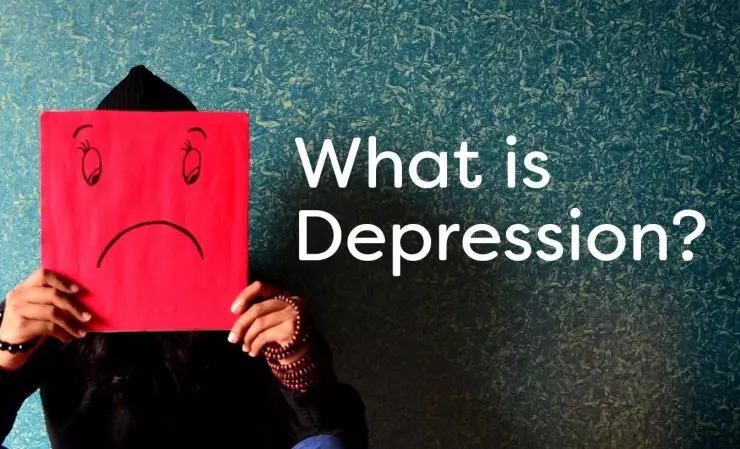Mental Health Awareness: Understanding Depression
By Kevin Hein PA-C
Understanding depression and the effects it has on a person, their family and friends, and our population in general, is critical to our efforts as healthcare providers to recognize and treat it. Depression is exceedingly common in the U.S. - The National Institute of Mental Health reported that in 2016, over 16 million American adults had at least 1 episode of Major Depression within the previous year. This results in Depression being the leading cause of disability in the U.S. among people ages 15-44.

Understanding depression starts with looking at the most current definition and clinical criteria, as put forth by the Diagnostic and Statistical Manual of Mental Disorders, Fifth Edition (DSM-V):
- 5 or more of the following symptoms present during a 2 week period that represent a change from previous functioning:
- Depressed mood most of the day, or nearly every day
- Loss of interest or pleasure in activities
- Significant weight loss or weight gain
- Insomnia or hypersomnia
- Psychomotor agitation or retardation
- Feelings of worthlessness or excessive guilt
- Diminished ability to think or concentrate
- Recurrent thoughts of death or thoughts of suicide
The first two listed symptoms are more commonly thought of as symptoms of depression, and are generally the most common symptoms. However, there are multiple other symptoms of depression, many that are manifested as physical symptoms (weight change, agitation, insomnia). A key to understanding depression is being aware of how depression can manifest itself differently in each patient. No two cases are the same.
Symptoms of depression will often occur in “episodes”, which can last anywhere from a few weeks to several months, even years in some cases. Much depends on what is triggering a person’s depression. Depression often presents concurrently with other chronic medical conditions, such as Parkinson's disease, cancer, and substance abuse. But many times, we do not identify a specific trigger for a patient’s depression, which can be difficult for family members or friends to understand.
The stakes of understanding depression in our society are high. Untreated depression is overwhelmingly the most common cause of suicide, particularly in adolescents and young adults. The good news is that depression is treatable. Initiating psychotherapy (counseling), antidepressant medication, often in combination, has been shown to be effective in decreasing symptoms of depression, reducing risk of suicide, and eventually resolving a depressive episode.
If you are feeling symptoms of depression, contact your primary care provider to discuss it. At Northwest Family Clinics, all of our healthcare providers are trained to provide mental health care to both children and adults (link to list of providers/appointments/services tabs). If you are in crisis and need immediate help, call 9-1-1 or the National Suicide Prevention Hotline at 1-800-273-8255.